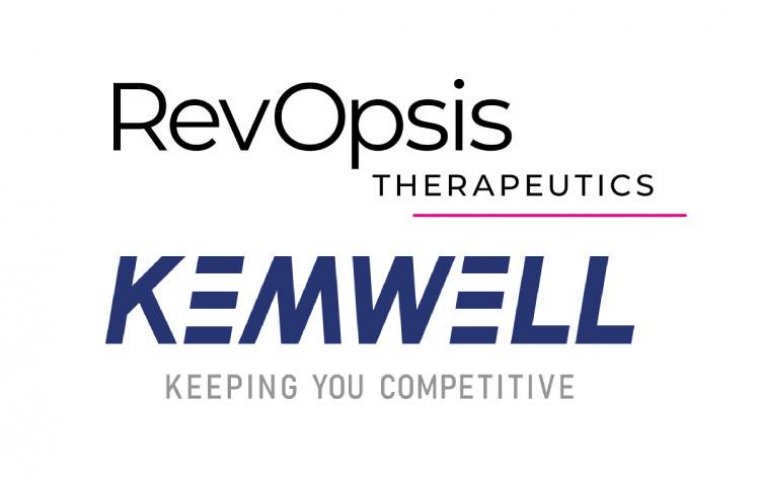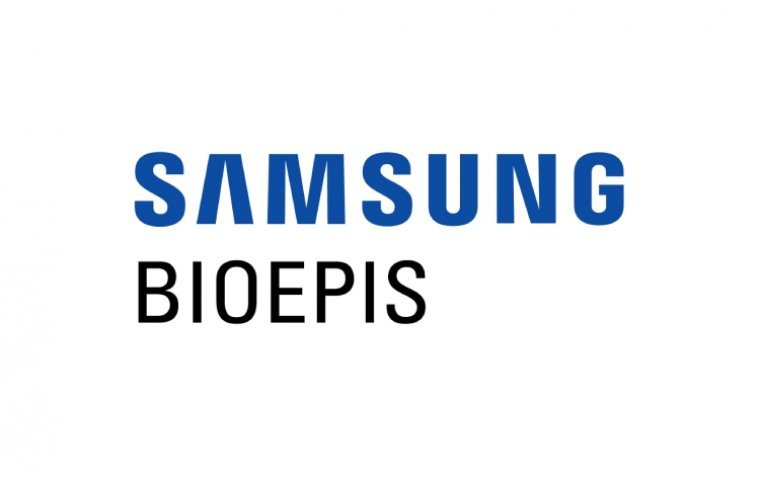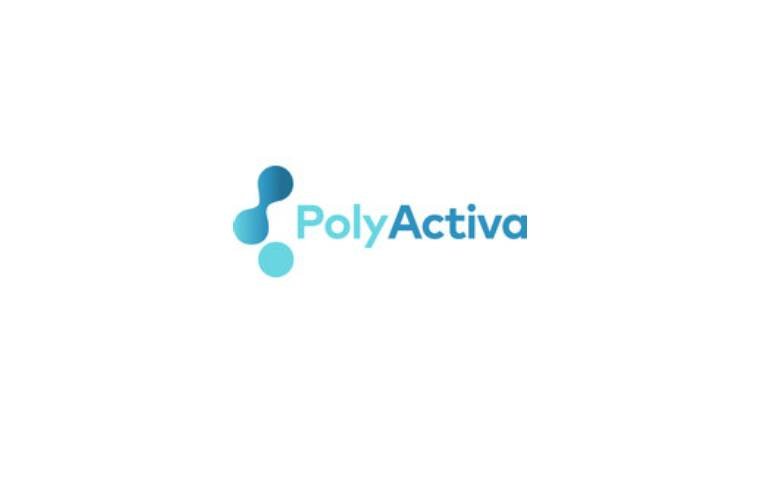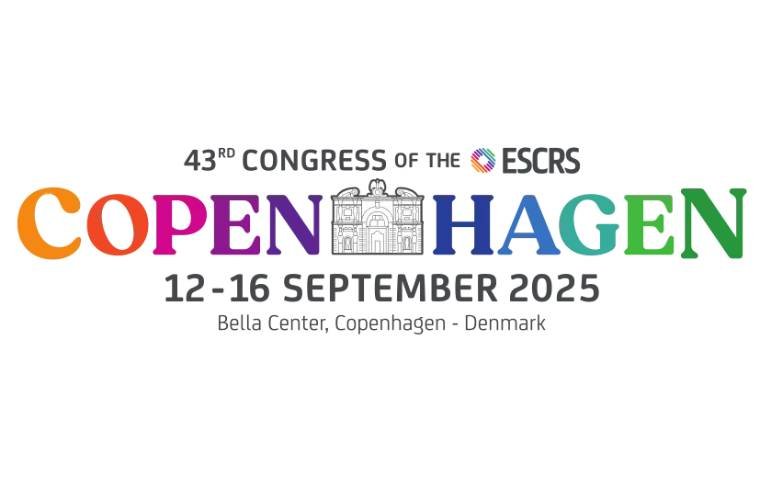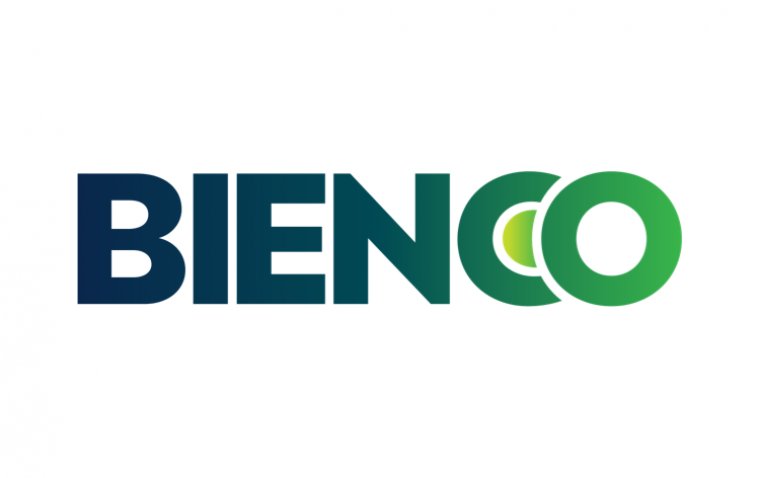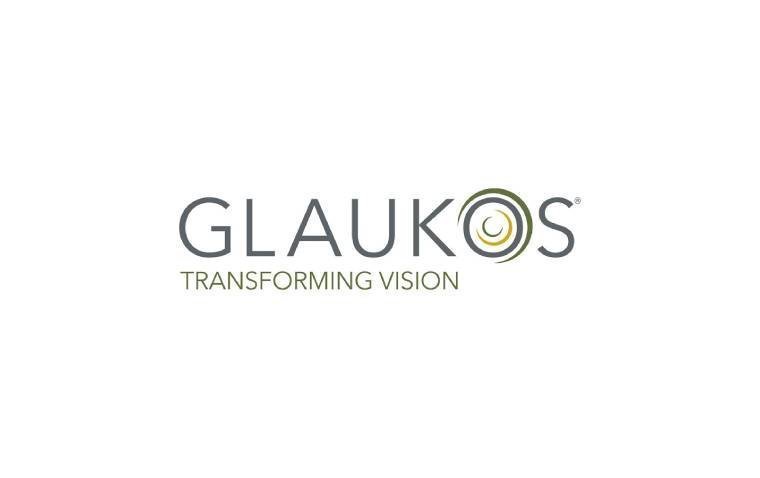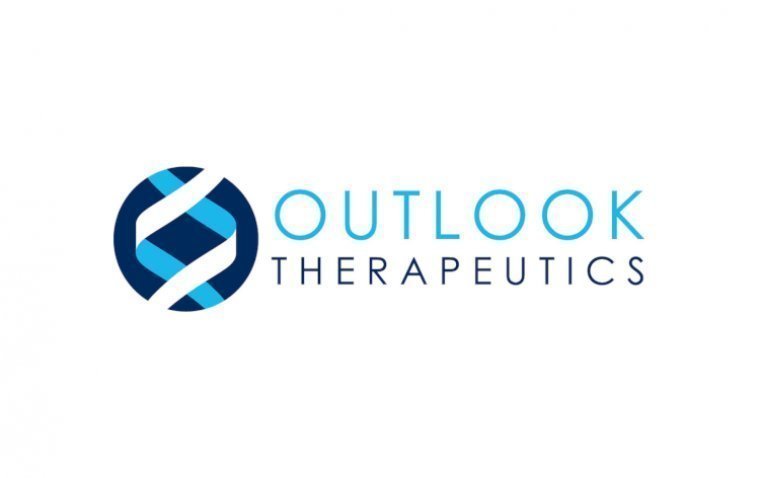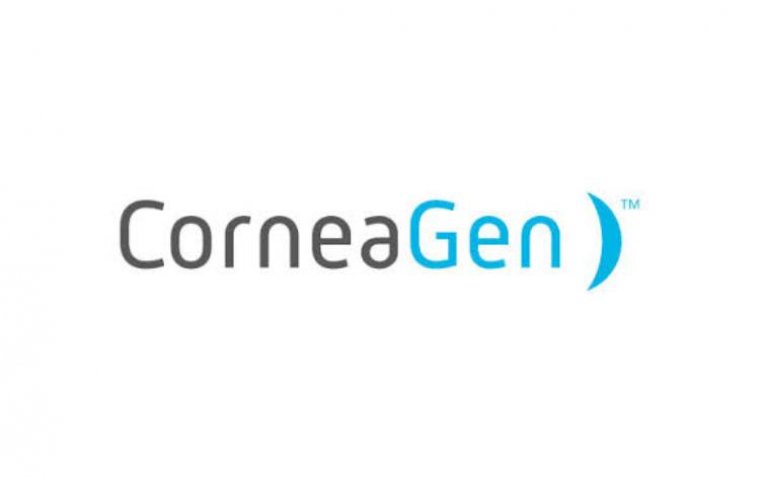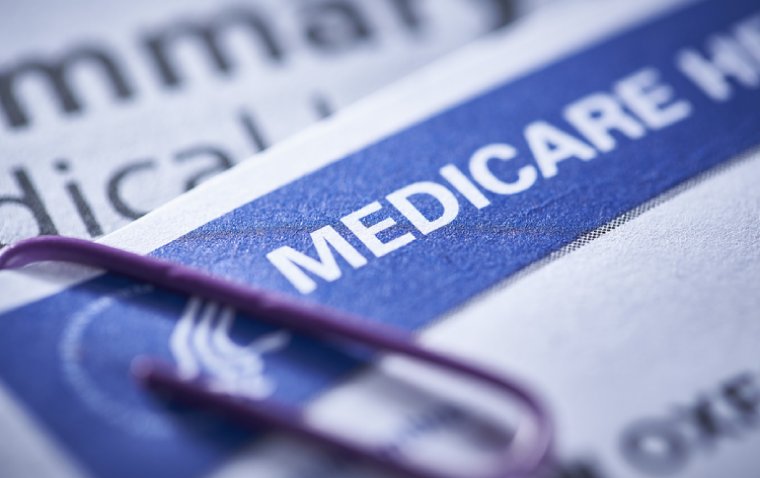
Congress Approves Adjustment to Medicare Physician Payments
On March 8, Congress approved a partial government funding bill that introduces policies to mitigate reductions to the Medicare Physician Fee Schedule (MPFS), initially implemented on January 1. This new legislation decreases the cut from -3.37% to -1.69%, effective from March 9 through the end of 2024.
The American Academy of Ophthalmology (AAO) has noted, however, that the bill does not allow for retroactive claims processing.
The AAO expressed gratitude for the congressional effort to address the issue but remains dissatisfied with the incomplete resolution of the physician payment cuts. Academy CEO Stephen D. McLeod shared his mixed feelings about the action: “I’m glad to see Congress took action. However, it is distressing that the full cut was not eliminated, and this partial fix is still far from what is needed to bring long-term certainty and stability to a dysfunctional Medicare physician payment system. Congress must act on broader reforms to ensure that physicians can be there for all the patients who need them.”
To combat these challenges, the AAO supports several legislative solutions, including:
● The Strengthening Medicare for Patients and Providers Act (HR 2474): This act proposes an annual physician payment update based on the Medicare Economic Index (MEI), which reflects inflation and the costs associated with running a medical practice.
● The Provider Reimbursement Stability Act (HR 6371): This legislation aims to reform the MPFS budget neutrality policies by:
● Mandating CMS to reconcile inaccurate utilization projections with actual claims and adjust the conversion factor accordingly.
● Increasing the budget neutrality adjustment threshold from $20 million to $53 million, with a planned adjustment every five years based on the MEI cumulative increase.
● Requiring a concurrent review of direct inputs for practice expense relative value units at least every five years.
● Limiting budget neutrality adjustments to the conversion factor to a maximum of 2.5% annually.
These initiatives have garnered widespread support from the physician community and have bipartisan backing in Congress. The AAO emphasizes that these reforms are crucial but not exhaustive solutions to the ongoing issues with the Medicare physician payment system.
"The status quo cannot continue as it is. The Academy will continue to work with our coalition partners in the house of medicine to find lasting solutions to this issue to ensure ophthalmologists can focus on protecting sight and empowering lives. This issue will be at the top of the list for Congressional Advocacy Day at Mid-Year Forum 2024," the AAO declared.
Additionally, the AAO is inviting interested parties to participate in a trip to Capitol Hill this April for "Congressional Advocacy Day," where they can engage directly with legislators about these critical issues.
(1).jpg)
